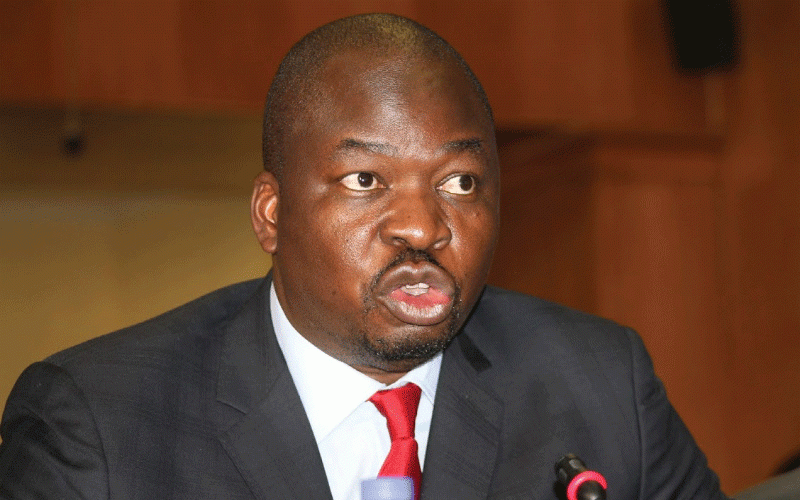
GOVERNMENT will borrow US$5 million from the domestic market to finance its programmes in the first dollar-denominated borrowing in four years.
In a notice yesterday, the Reserve Bank of Zimbabwe (RBZ) invited financial institutions, corporates and individuals to subscribe to a 90-day US$5 million Treasury Bill.
“Applications must be for a minimum amount of US$50 000 for Financial Institutions and Corporates and US$5 000 for individuals,” RBZ said.
Each financial institution should make a maximum of two bids.
The short-dated securities used by the government when borrowing from the market enjoy prescribed and liquid asset statuses, are tradable, have tax exemptions and are acceptable as collateral for overnight accommodation by the RBZ.
Government relies on the domestic market to finance budget deficits as it cannot borrow from multilateral financial institutions due to a debt overhang.
Analysts say government’s borrowing from the domestic market can crowd out the private sector.
The central bank has long been used by government to borrow money to fund its expenditure which multilateral partners have often warned against.
- US$200K armed robber in court
- ‘Killer’ soldier granted bail
- Massive ZRP vehicle theft scam exposed
- Building narratives: Chindiya empowers girls through sports
Keep Reading
The issuance of the Treasury Bill comes as government’s public debt is estimated to be more than US$20 billion to date.
At the recent Zimbabwe Economic Development Conference 2023, Finance, Economic Development and Investment Promotion permanent secretary George Guvamatanga said there was general consensus on the need to explore domestic alternative ways of financing beyond the existing revenue streams.
“In view of this, researchers made several recommendations including that Government should develop comprehensive climate legislative frameworks which will enable the country to tap into global climate financing sources such as green bonds and carbon credit,” he said.
“This should be complemented by development of the market for issuance of green bonds underpinned by a conducive macroeconomic environment. Government was urged to extensively explore public-private partnerships as a form of financing. One of the necessary conditions for their success was identified as investment in project preparatory activities such as feasibility studies to ensure bankability.”
He added that development partners’ support was identified as a potential source of additional financing under appropriate structuring.
Inflation and forex rate instability remain the key challenge in government’s ability to raise money to fund its expenditure.







